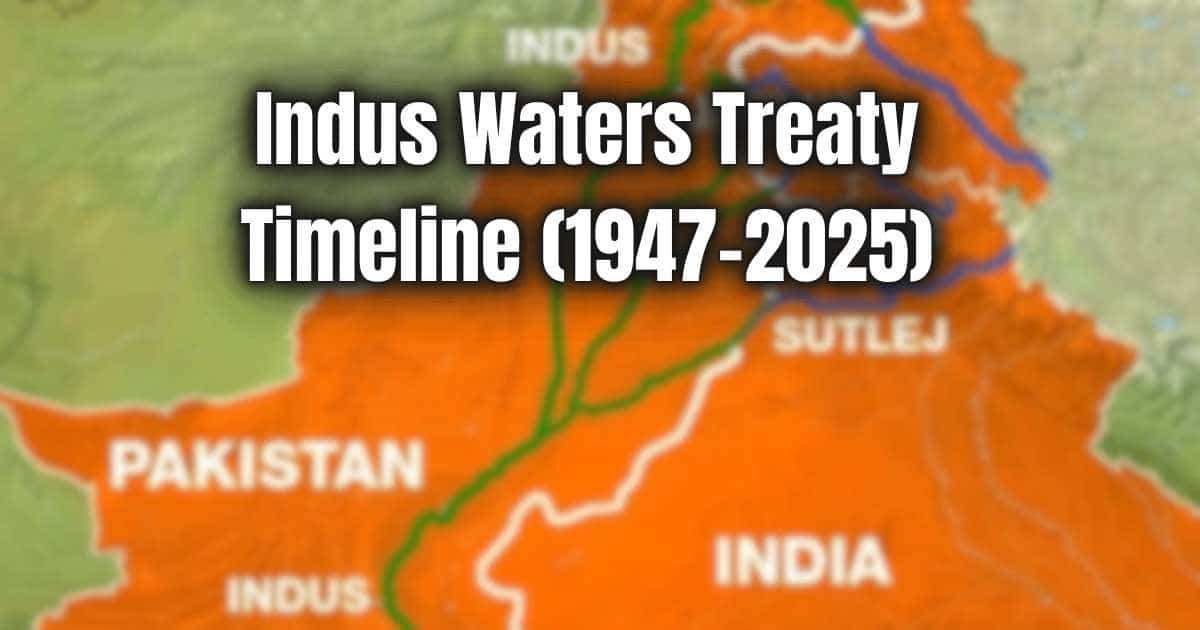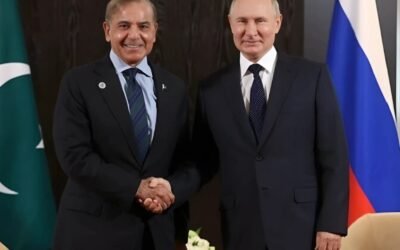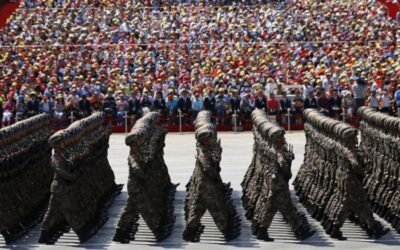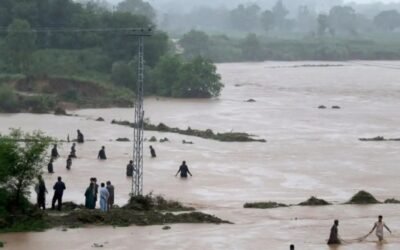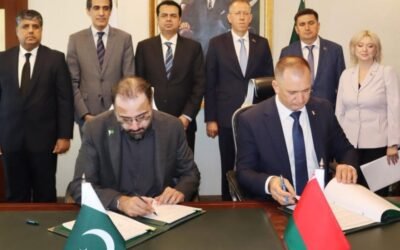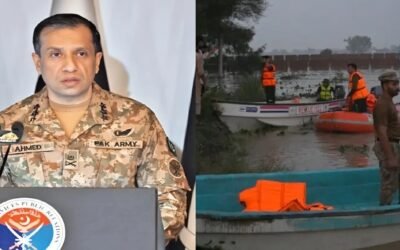What is the IWT?
The Indus Waters Treaty (IWT) is one of the world’s most enduring and successful water-sharing agreements — yet also one of the most contested in recent years.
- Date Signed: September 19, 1960 — a landmark date in Pakistan’s history.
- Purpose: To share the waters of the Indus River system between Pakistan and India.
- Parties: Pakistan and India, with the World Bank as mediator and guarantor.
- River Allocation:
- Eastern Rivers (India’s unrestricted use): Ravi, Beas, Sutlej.
- Western Rivers (Pakistan’s unrestricted use): Indus, Jhelum, Chenab.
- India’s Rights: As upper riparian on the Western Rivers, India can only use water for limited, non-consumptive purposes such as run-of-the-river hydroelectric generation — without diverting or storing flows that disrupt Pakistan’s access.
- Dispute Resolution Mechanism:
- Permanent Indus Commission (PIC) — for routine technical matters.
- Neutral Expert — for technical differences.
- Court of Arbitration (CoA) — for major disputes or treaty interpretation issues.
Pakistan Welcomes Major Indus Waters Treaty Ruling | Asia One News #Asiaone #asiaone #EnglishNews pic.twitter.com/9ybBPWoD3C
— ASIA ONE NEWS (@AsiaOne_News) August 12, 2025
The Legal Timeline: Pakistan’s Journey (2016–Present)
- 2016: Pakistan requests the World Bank to convene a Court of Arbitration over India’s Kishanganga and Ratle projects. India insists on a Neutral Expert instead, creating a procedural deadlock.
- 2022: World Bank breaks the impasse — launching both arbitration and Neutral Expert processes in parallel. India boycotts arbitration proceedings.
- January 2023: India sends Pakistan a notice seeking to “modify” the IWT — Pakistan rejects it outright.
- April 2025: Following a terror attack, India unilaterally declares the treaty is in abeyance — Pakistan calls it an act of war.
- June 2025: The CoA issues a supplemental ruling — India cannot unilaterally suspend the treaty or dispute processes.
- August 8, 2025: The PCA delivers a binding award on general treaty interpretation, ruling overwhelmingly in Pakistan’s favour.
🔊PR NO.2️⃣3️⃣7️⃣/2️⃣0️⃣2️⃣5️⃣
Pakistan Welcomes the Award Rendered by the Court of Arbitration on the Issues of General Interpretation of the Indus Waters Treaty (IWT).
🔗⬇️https://t.co/fzmDYpXbYj pic.twitter.com/fNkbnDwyrv
— Ministry of Foreign Affairs – Pakistan (@ForeignOfficePk) August 11, 2025
Key Findings of the August 2025 Award
- “Let Flow” Principle: India must allow the Western Rivers to flow to Pakistan without restriction, except for narrowly defined treaty-based exceptions.
- Strict Dam Design Limits: Pakistan’s interpretation upheld on low-level outlets, gated spillways, turbine intakes, and freeboard.
- Pondage Restrictions: Pondage for firm power limited to a 7-day minimum mean discharge — curtailing India’s ability to manipulate seasonal flows.
- Final & Binding: Award has controlling legal effect over future cases and neutral expert decisions.
- Rejection of Abeyance: India cannot suspend the treaty or its obligations unilaterally.
What’s Next?
The PCA’s specific rulings on Kishanganga and Ratle dam designs will be decided in separate proceedings — Pakistan enters those with stronger legal precedent and a clear interpretation win.
More Like This:

